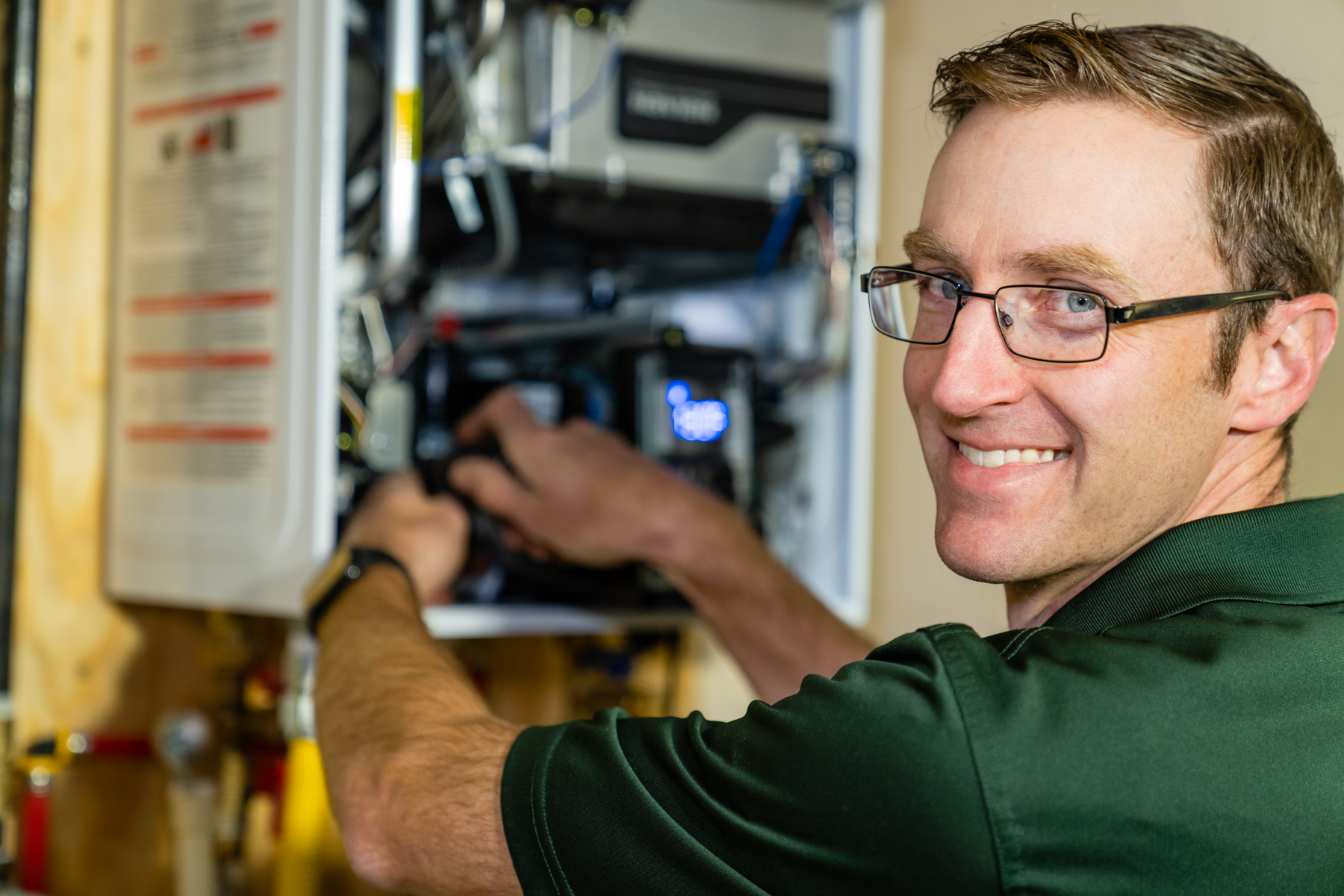Handling the Typical Water Heater Crisis Scenarios
Handling the Typical Water Heater Crisis Scenarios
Blog Article
Just about every person maintains their private assumption involving Is Your Water Heater Leaking?.

A water heater is among one of the most important fundamental devices that can be located in a residence. With hot water heater, you don't need to undergo the tension of home heating water manually every single time there is a need to wash, wash, or the meals. There is always an opportunity that your water heating unit would act up as with a lot of mechanical tools.
It is important to keep in mind any little malfunction as well as tackle it swiftly prior to things get out of hand. The majority of times, your hot water heater begins to malfunction when there is a build-up of sediments as a result of continuous usage. As a precaution, periodic flushing of your hot water heater is suggested to avoid sediment build-up and also stop practical failing.
Common water heater emergencies and also how to deal with them
Dripping water heater storage tank.
A leaky storage tank could be an indicator of deterioration. It could trigger damage to the flooring, wall and also electrical devices around it. You can also be at risk of having your home flooded. In this situation, you ought to switch off your water heater, enable it to cool down, as well as meticulously search for the resource of the issue. At times, all you need to do is to tighten a few screws or pipeline links in cases of minor leaks. However if this doesn't work as well as the leakage continues, you might need to employ the solutions of a technician for a proper replacement.
Rising and fall water temperature.
Your water heater can begin generating water of different temperature levels typically ice chilly or hot hot. There could be a requirement to replace either the thermostat or the home heating system of your water heating system.
Too little warm water
It may be that the water heating system can not sustain the warm water need for your apartment or condo. You can upgrade your water heating system to one with a bigger capability.
Blemished or odiferous water
When this happens, you require to understand if the problem is from the storage tank or the water source. If there is no amusing scent when you run cool water, then you are particular that it is your water heater that is faulty. The stinky water can be created by rust or the build-up of bacteria or sediments in the water heating system container.
Conclusion
Some home owners neglect little caution and minor faults in their hot water heater unit. This just results in further damages and also a possible complete breakdown of your device. You must deal with your hot water heater mistakes as soon as they come up to prevent even more expenditures and unneeded emergency troubles.
With water heating systems, you don't need to go with the anxiety of home heating water by hand every time there is a requirement to take a bath, do the washing, or the recipes. Your water heating unit could start producing water of different temperatures normally ice hot or cold hot. It might be that the water heater can't sustain the hot water demand for your home. If there is no funny scent when you run cold water, after that you are specific that it is your water heating unit that is faulty. The smelly water can be triggered by corrosion or the build-up of bacteria or debris in the water heater tank.
Common Water Heater Issues and What You Should Do
What Type of Water Heater Do You Have?
Before we begin it’s first important that you identify the type of water heater you have on your property. There are two main types of water heaters out there: conventional and high efficiency.
Both of these types of products typically use either gas or electricity to heat power. There are also solar water heaters that use a thermal collector on the roof or yard to heat the water.
While these models are not as common, they can cut heating costs in half. In this article, we will focus on conventional and high efficiency.
How Do My Electric and Gas Water Heater Work?
Though they look similar, electric and gas water heaters work very differently. It’s important to know their basic function because often problems can be specific to the heating source.
In the electric model, a thermostat on the side of the machine detects the temperature of the water in the tank. When the temperature needs to rise electricity flows to a heating element suspended in the water.
Gas models also use a thermostat device — typically with a mercury sensor at the tip and an additional sensor called a thermocouple. The thermocouple detects whether the pilot light is on and controls the flow of gas.
When the thermostat drops below the appropriate level gas is released which becomes ignited by the pilot light. The flame heats the bottom of the water tank which causes hot water to rise and cold water to drop.
This natural circulation continues until the water reaches the desired temperature. Then, the thermostat triggers the gas control valve to shut off the flow of gas.
What Are the Most Common Issues and How Do You Fix Them?
https://happyhiller.com/blog/common-water-heater-issues-and-what-you-should-do/

Do you appreciate more info about Warning Signs You Need Water Heater Repairs? Create a review below. We'd be interested to know your opinions about this blog. We are looking forward that you visit us again later on. Liked our content? Please share it. Let another person discover it. Many thanks for going through it.
We're waiting, call! Report this page